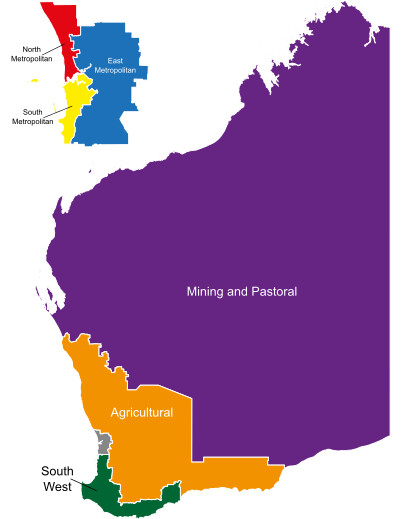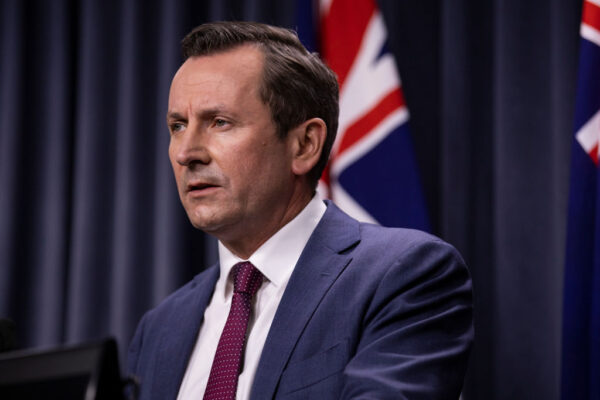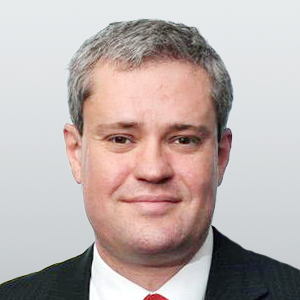Western Australia (WA) will no longer have equal representation by region following seismic reform to the state’s Legislative Council, or upper house, despite an election promise ruling out the possibility.
Previously, WA’s upper house functioned similarly to that of the federal-level upper house, with population-differing regions represented equally. Specifically, WA saw its 6 electoral regions granted 6 seats each in the Legislative Council.

The new Electoral Equality Bill 2021 overhauls this entirely, amending constitutional and electoral legislation to form one state-wide region of representation for a total of 37 seats.
This comes following concern from the WA Labor government that the previous state election saw vote malapportionment, where votes cast in one rural region were worth 6.22 times more than those in the metropolitan area, and with one seat elected after receiving only 98 votes.
The legislation passed unimpeded in the upper house, which had previously been scrutinised following an overwhelming victory that saw Labor controlling 53 out of 59 seats in the lower house and 22 out of 36 seats in the upper house. This means that any legislation proposed by Labor will pass almost without exception.
The WA government said the March election had “exposed a broken, undemocratic system.”
“One person’s vote should not be worth more than another’s just because they live in a different part of the state,” WA Premier Mark McGowan said.
“The era of unfair voting is over—electoral equality is here.”
However, former law reform commissioner and head of law at Sheridan Institute of Higher Education, Augusto Zimmermann, expressed concern that the legislation significantly undermined the representation of rural voters.
“The upper houses sometimes serve this role of representing regions. That’s why we have a Senate at the federal level of government, which represents the different states and the peoples of the different regions of the country,” Zimmermann told The Epoch Times on Nov. 17.

This is evident on a national level, where New South Wales—with a population of over 8 million—and Tasmania—with a population over 500,000—both receive an equal representation of 12 seats in the Senate, equivalent to a vote worth 16 times more in the smaller state.
Zimmermann disagreed with statements made by the WA government claiming the move was in favour of democracy.
“That’s not true at all, because in a democracy we represent not only the citizen individually, but the communities as well. And that’s why we have a federal system in which the states are represented in the Senate.”

While smaller in population, regional Australia and its mining sector have been the primary driving force to the state’s booming economy and $5.6 billion budget surplus.
Zimmermann pointed out that these voters would face the risk of disenfranchisement, particularly as all 37 upper house seats, now awarded based on a state-wide vote, could theoretically be granted to metropolitan candidates.
“They are also Australian citizens, and if they don’t have any representation in Parliament, then their grievances and their voices cannot be heard. They will be basically lacking proper representation, which is undermining a basic principle of democracy,” Zimmermann said.
This comes despite an election promise made by WA Premier Mark McGowan that reform would not come to the upper house.
“I’ve answered this question many times—it’s not our agenda,” McGowan previously told reporters.
“Enhanced regional representation will continue.”
 RSS Feed
RSS Feed















 November 17th, 2021
November 17th, 2021  Awake Goy
Awake Goy 
 Posted in
Posted in  Tags:
Tags: 













